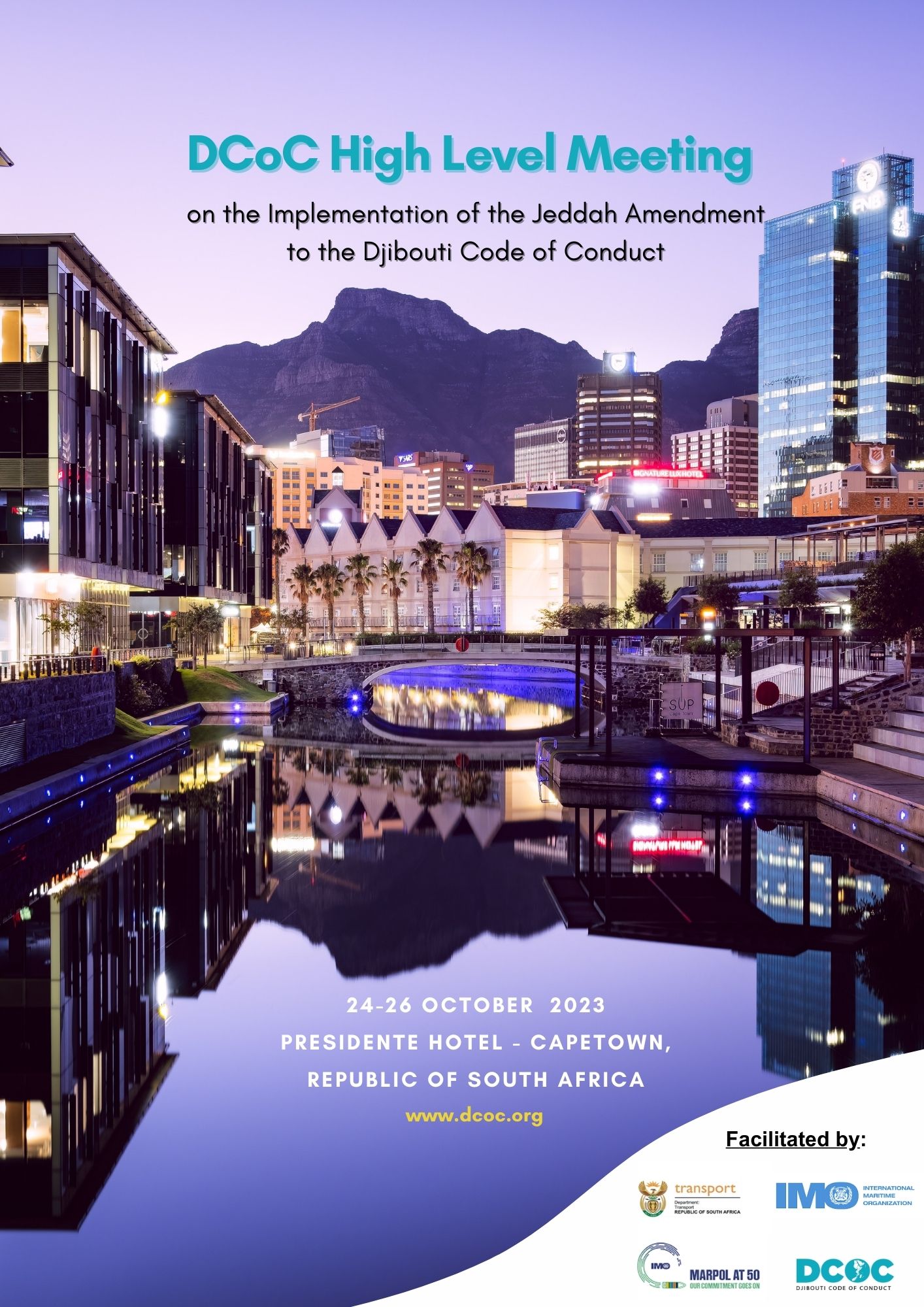COMOROS: Illegal Migration and Human Trafficking
On January 9, 2023, a Pakistani dhow was intercepted by the Comorian Coast Guard (GCC), with a few fishermen on board. The fishermen were part of voluntary exiles caught entering the Comoros Islands illegally on makeshift boats, a feat that poses a high casualty risk and claims multiple shipwreck victims, as recorded by Comorian Maritime Authorities each year. An investigation into the case was opened, and the sailors were placed under the custody of the Gendarmerie brigade for further processing of information.
In a related incident (occurring on May 19, 2023), a boat carrying migrants from the Democratic Republic of Congo (DRC) was stopped at sea off the town of Djomani, north of Ngazidja. Their destination was the island of Mayotte, as reported by the account of two of the passengers who had been authorized by the local authorities to reach the mainland. These migrants had spent five days on board the boat, totaling 59 persons, including the crew. According to the latest news, their fate has been entrusted to the Comorian Coast Guard.
The Comorian Coast Guard detachment based in Anjouan is responsible for ensuring security measures while controlling all the exit points for migrants wishing to illegally connect to the sister island of Mayotte through boats unsuitable for the transport of passengers. The migratory route by sea from Anjouan to Mayotte is heavily used by smugglers to illegally bring foreigners in an irregular situation to Mayotte. This crossing, known as Kwassa, often leads to significant loss of life at sea and subjects the migrants to deplorable conditions at sea.
The CCG detachment conducts maritime interdiction operations to combat illegal migratory flows towards Mayotte, and it also regulates the navigation safety of these boats’ activities. Navigation safety is strictly monitored by this detachment, and additional efforts are encouraged to make their missions more effective.
According to Comorian Law (Law No. 20-038/AU of December 29, 2020) on the Penal Code, particularly sections 4 and 5 of Title 5 entitled “Offences relating to Transnational and Organized Crime,” trafficking in human beings and smuggling of human beings are offenses punishable by law, as they often result in deplorable maritime incidents or, even worse, death for the victims.
These incidents unfortunately thrive due to insufficient maritime surveillance, which leads to all kinds of trafficking. Additionally, smugglers take advantage of the absence of law enforcement to board an unlimited number of passengers and profit from the excess.
TRAFFICKING IN NARCOTICS AND PSYCHOTROPIC SUBSTANCES.
Three people were arrested on April 25, 2023, with 5 kilos of cannabis when they landed off Ouroveni from Anjouan, where they were stopped by the Coast Guard stationed in Ouroveni. The Foumbouni gendarmerie brigade was notified of this arrest, and the three individuals were handed over to the Moroni search brigade.
This case follows three more similar incidents reported by the Coast Guard two years before. On April 13, 2021, a speedboat unloading bags of cannabis was spotted off the coast of Itsoundzou, where 104 kg of cannabis was seized. The people involved were arrested and transferred to the nearest brigade. In another incident, a maritime operational unit of the Comorian Coast Guard in Anjouan intercepted a COMA-4 type boat coming from Madagascar on August 7, 2021. On board were 5 Malagasy individuals, and the boat was seized with forty-six bags containing 845 kilos of cannabis and 40 boxes of small bottles of rum. Finally, the Comorian Coastguard detachment based in Anjouan seized a boat with 122.5 kg of cannabis on board at the Vassy-Anjouan maritime access on November 7, 2021. An investigation was opened to determine the origin of the product.
It was difficult for the authorities to determine the origin of the product because two cargo ships from Dar es Salaam and Majunga had touched the port of Moroni during the reporting period. This type of modus operandi is usually recorded for boats coming from Dar es Salaam, Tanzania, or Mahajanga, Madagascar, where, before entering the port, the mother ship transfers the narcotics to small boats, and it is these latter boats that are responsible for transferring the product to any point of entry or exit, thereby blurring the accurate sources of narcotics within the supply and distribution chain.
An initiative to permanently deter traffickers after this major and unprecedented seizure was proposed, with the CCG Commander-in-Chief of this maritime formation planning to send a small operational unit at sea and to each entry point for regular boats as soon as the Société Comorienne des Ports (SCP) and the shipping agencies representing the ships inform it of the estimated time of arrival (ETA) of a cargo ship from the above destinations.
The Comorian Islands administration is looking to supplement the limited national maritime resources by the future creation of a National Centre for State Action at Sea (CNAEM), which will bring together all the entities involved in State action at sea: the National Maritime Affairs Agency (ANAM), the Comorian Coast Guard, the Comorian Ports Company (SCP), the Fisheries Control and Surveillance Centre (CNSCP), the General Directorate of the Environment, among others. This move is consistent with the recommendations of Article 3 of the Jeddah Amendment to the Djibouti Code of Conduct, which calls for Signatory States like the Comoros Islands to adopt a whole-of-government-approach model to maritime security thereby combating transnational organized crimes within its territorial waters.

